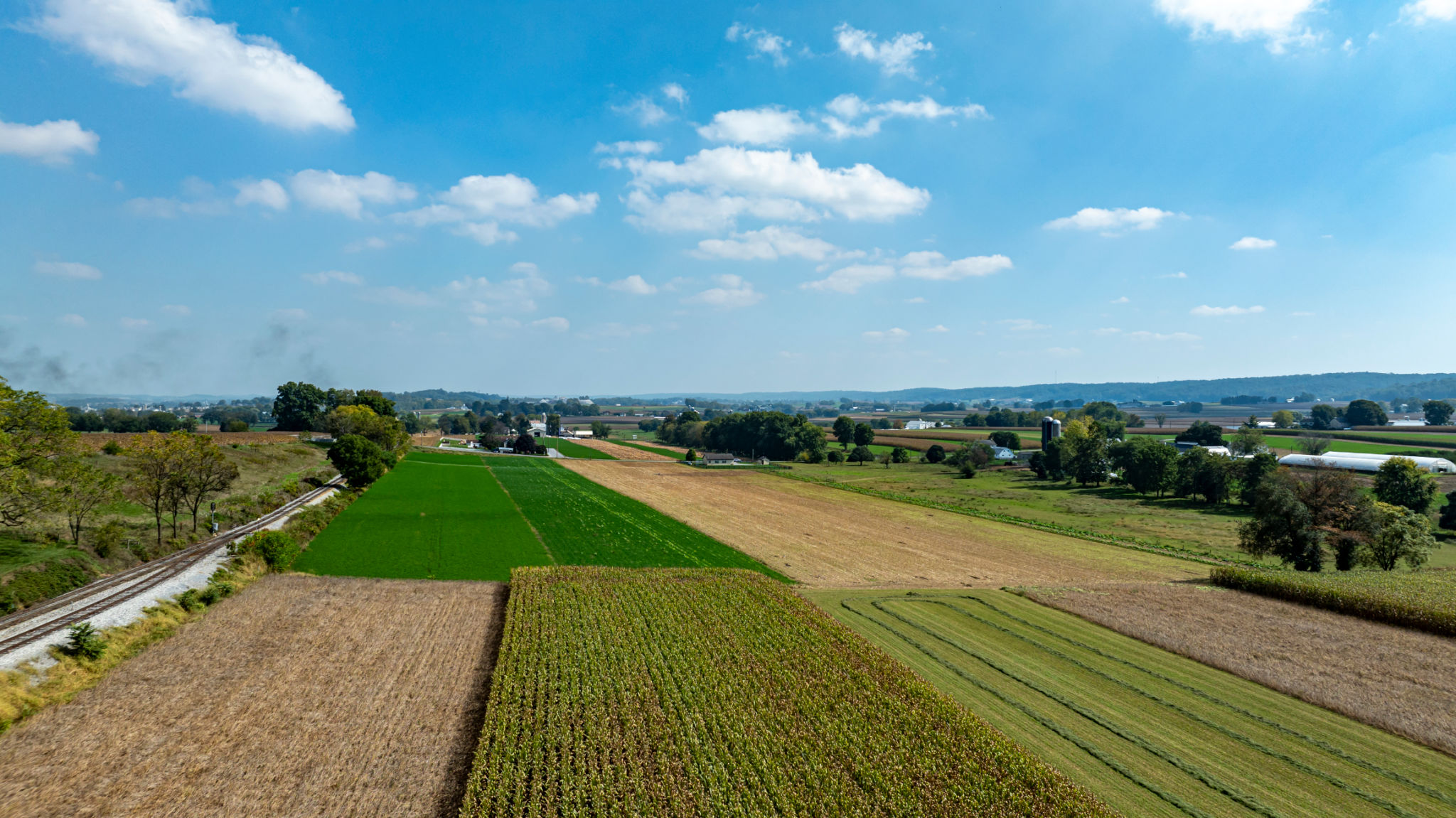Top Sustainable Farming Practices in Kasungu: Leading the Way in Agriculture
LW
Kasungu, a vibrant agricultural hub in Malawi, is setting a remarkable example in sustainable farming practices. The region is known for its dedication to environmentally friendly methods that not only enhance productivity but also ensure the conservation of natural resources. As global challenges such as climate change and food security demand innovative solutions, Kasungu's approach offers valuable insights and inspiration.

Conservation Agriculture: A Pillar of Sustainability
Conservation agriculture is a cornerstone of Kasungu's sustainable farming practices. This approach focuses on minimal soil disturbance, crop rotation, and maintaining soil cover. By reducing tillage, farmers prevent soil erosion and preserve soil moisture, which is crucial during dry spells.
Incorporating organic matter through mulching and cover crops further enriches the soil. This method not only boosts crop yields but also enhances biodiversity on farms. Farmers in Kasungu have successfully implemented these techniques, resulting in healthier ecosystems and more resilient agricultural landscapes.

Agroforestry: Integrating Trees and Crops
Agroforestry is another sustainable practice gaining traction in Kasungu. By integrating trees with crops and livestock, this method provides multiple benefits. Trees help in improving soil fertility through nitrogen fixation and provide shade, reducing the impact of extreme weather conditions on crops.
The inclusion of fruit or timber trees also offers farmers additional sources of income. The diverse plant life supports wildlife habitats, fostering a balanced ecosystem. Agroforestry enhances resilience against climate variability and contributes to long-term sustainability.

Water Management: A Critical Component
Effective water management is essential for sustainable farming in Kasungu. Farmers have adopted various methods such as rainwater harvesting and drip irrigation to optimize water use. These techniques ensure that crops receive adequate moisture without wastage.
Community initiatives promote the construction of small dams and ponds, which store water for irrigation during dry periods. This proactive approach not only supports crop growth but also secures water availability for future generations.
Organic Farming: Reducing Chemical Dependency
Organic farming in Kasungu is reducing reliance on chemical fertilizers and pesticides, focusing instead on natural alternatives. By using compost and manure, farmers enhance soil fertility while minimizing environmental impact.
Pest control methods emphasize biological solutions, such as introducing beneficial insects or using plant-based repellents. This shift not only protects the environment but also produces healthier food, benefiting both consumers and the ecosystem.

Community Collaboration: Sharing Knowledge and Resources
The success of sustainable farming in Kasungu is largely due to strong community collaboration. Farmers share knowledge, resources, and experiences through cooperatives and local networks. This collective approach fosters innovation and efficiency in implementing sustainable practices.
Training programs and workshops provided by agricultural organizations empower farmers with the latest techniques and technologies. By working together, the community ensures that sustainable practices continue to evolve and adapt to changing conditions.

Kasungu's dedication to sustainable farming sets a benchmark for other regions seeking to balance agricultural productivity with environmental stewardship. By embracing practices such as conservation agriculture, agroforestry, effective water management, and organic farming, the region is paving the way for a more sustainable future. As these methods continue to develop, they offer a beacon of hope in addressing global agricultural challenges.
